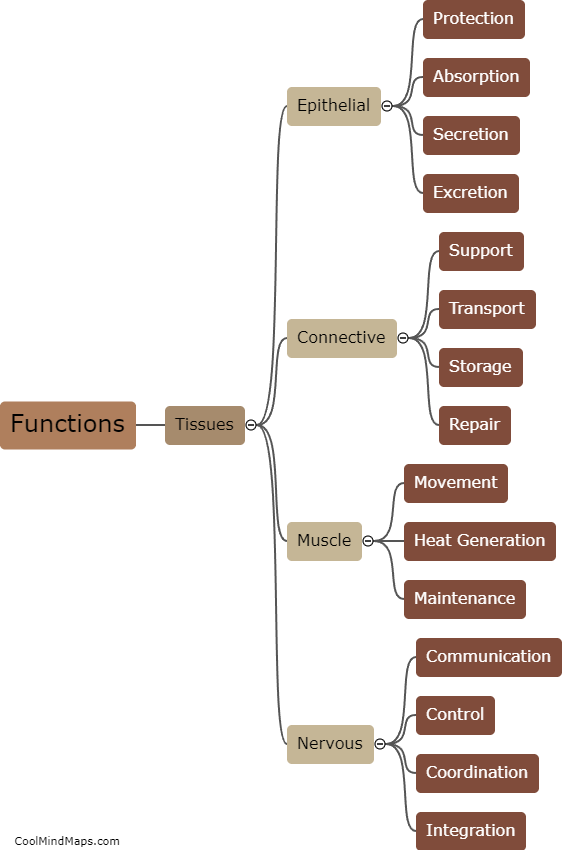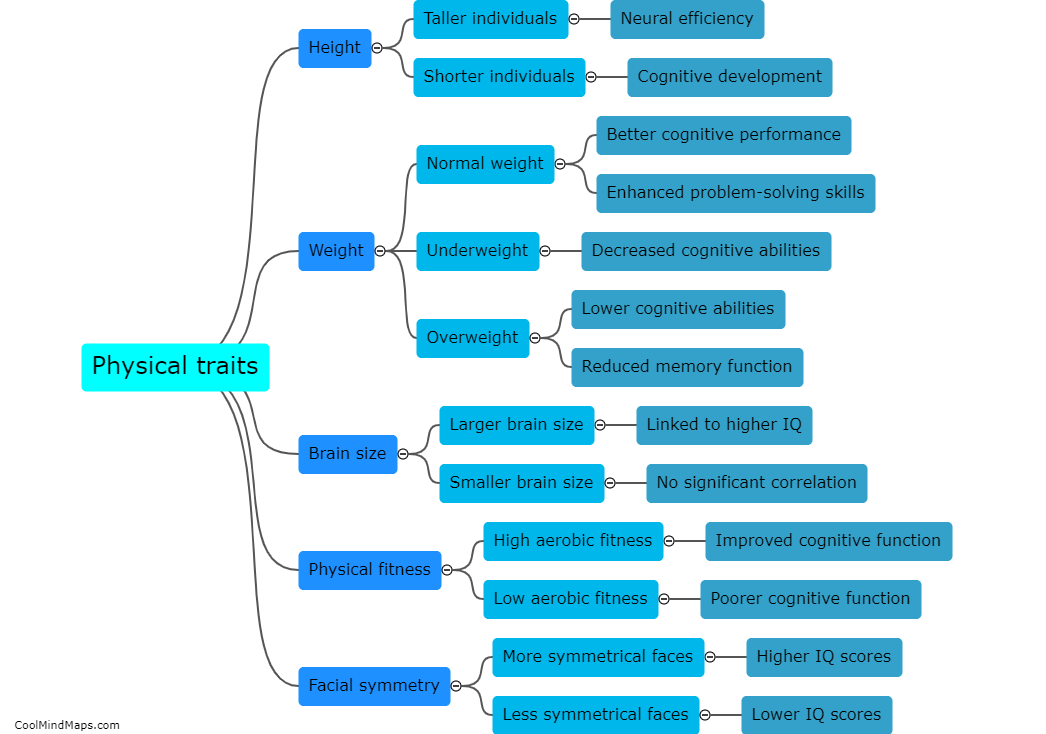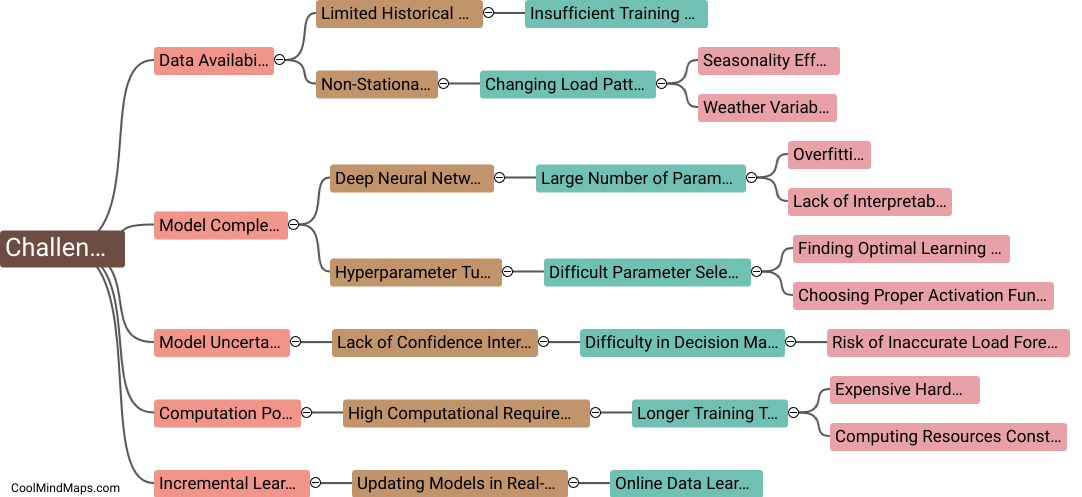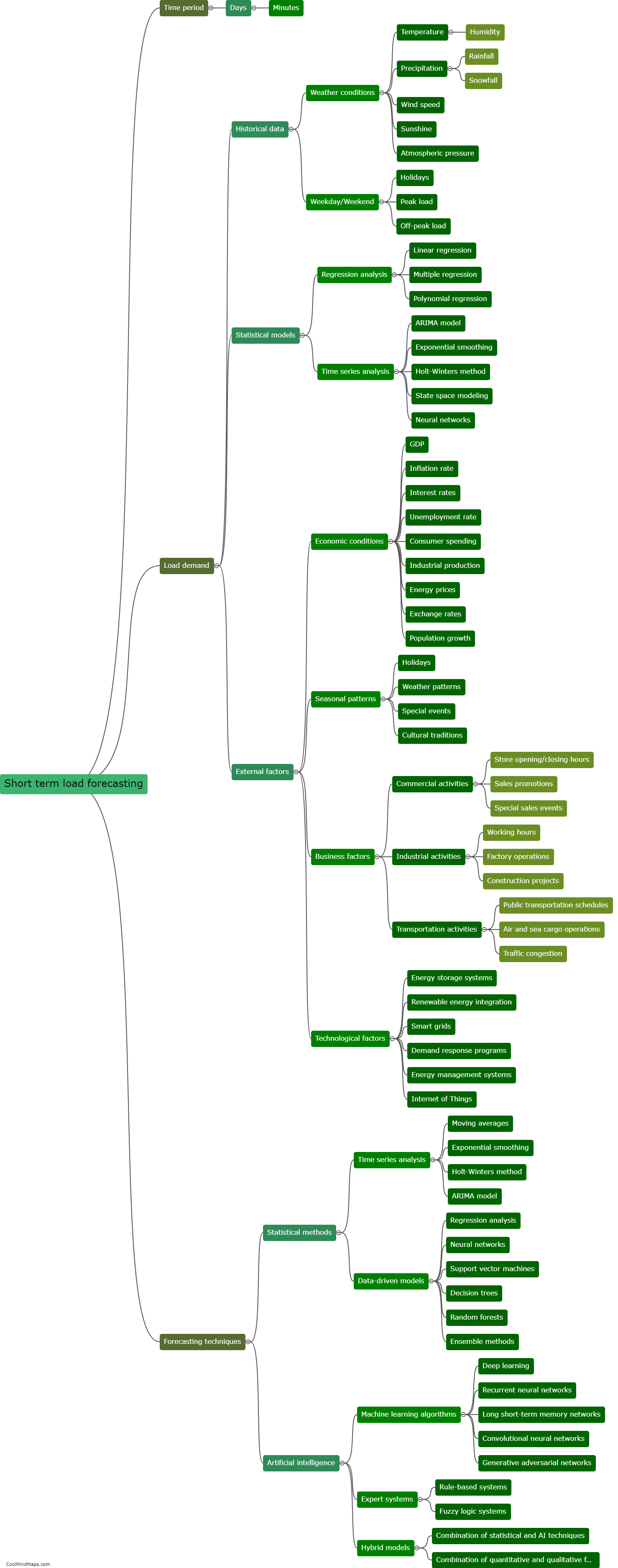What are the factors influencing load forecasting?
Load forecasting is a crucial aspect of energy management as it helps utilities predict and plan their electricity demand. Several factors influence load forecasting, including historical data analysis, weather patterns, economic conditions, and consumer behavior. By analyzing historical load patterns, utilities can identify seasonal and hourly trends to make accurate forecasts for future demand. Weather conditions play a significant role in electricity consumption, especially in industries like heating and cooling. Economic conditions, such as population growth, new businesses, and industrial development, impact the overall demand for electricity. Additionally, consumer behavior, such as energy conservation efforts, shifts in lifestyle, and adoption of renewable energy sources, can also influence load forecasting. Considering these factors enables utilities to optimize their energy production, reduce costs, and enhance grid stability.

This mind map was published on 17 October 2023 and has been viewed 135 times.











